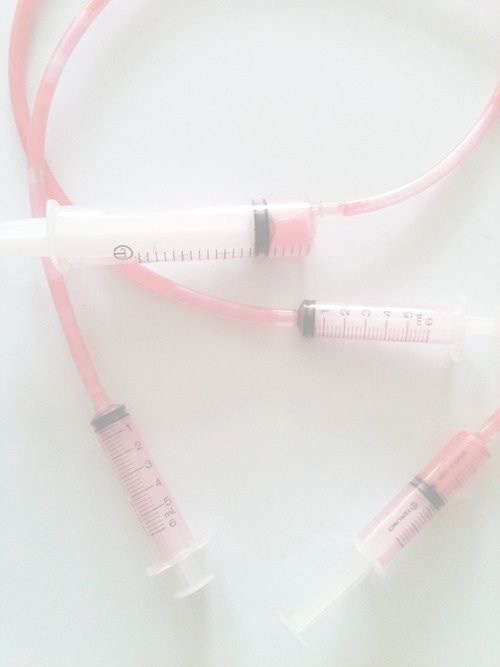I love Instagram and those closest to me would even go as far to say that I’m addicted. It plays a valuable role in the branding of my business and one I really enjoy!
Mostly it’s the interaction with fellow Insta- users. I love helping them make informed choices when choosing skin care, steering them towards a product benefitting their skin type, helping find solutions for worrying skin conditions or providing tips related to skin-health, assisting them on their skin care journey.
Regularly popping up are questions for treatment options when treating pigmentation. Recently a question that piqued my interest was an enquiry about the efficacy of the Intravenous use of Vitamin C and Glutathione for skin lightening…. What I found was disturbing!
Thankyou for the question @muchkingrace, here are my findings….
Skin lightening is very popular amongst Asian cultures in which lighter skins are often considered desirable and are associated with with social and economic status and it appears systemic skin lightening is becoming dangerously more popular – sometimes to the detriment of their own health.
Background…. identifying the role of Glutathione (GSH) and Vitamin C in skin lightening.
Melanin is a pigment produced by melanocytes ( pigment producing skin cells) when the enzyme tyrosinase is oxidised. Melanin determines our skin colour and some skins produce more melanin than others giving the appearance of a more ‘olive’ complexion and darker skin shades.
Both Vitamin C and Glutathione function as antioxidants and work synergistically within the body to help neutralise the formation of free radicals. Glutathione is commonly combined with other agents like Vitamin C, which help to aid in its absorption.
Glutathione is synthesised endogenously which means the body produces it’s own supply in the liver when needed – one of many feedback systems in our bodies. Eating foods rich in lean meats, eggs, fruits ,vegetables and whole grains will stimulate the liver to produce Glutathione, raising the levels in our blood.
Read more about the super antioxidant Glutathione.
Glutathione has recently been used as an inhibitor of melanin in the cosmetics industry. In countries such as Japan and the Philippines, this product is the active ingredient in products such skin-whitening soaps. It’s ability to inhibit tyrosinase, an enzyme needed in the formation of melanin, is what makes it useful in skin lightening.
The role of Glutathione as a skin whitening agent was an accidental discovery when skin whitening was noticed as a side effect of large doses of Gluatathione being used in the management of illnesses such as Alzheimer’s disease, Parkinson’s disease, Multiple Sclerosis, Alcoholic Hepatitis and Chronic Fatigue Syndrome. These are the only indications where Glutathione can be used legally and in fact the FDA has banned its intravenous use due to reports of serious side effects such as skin rashes, Stevens Johnson syndrome, toxic epidermal necrolysis, derangement in thyroid, renal function and severe abdominal pain.
Enough side effects to put you off?
Intravenous Glutathione delivers very high doses directly into the systemic blood circulation, overloading the renal circulation and interrupting the body’s feedback system regulating its production.
The effects may be permanent and may increase the risk of skin cancer or permanent skin depigmentation resulting in Vitiligo
Vitamin C is a potent exogenous antioxidant used in Dermatology and skin care preparations. This means it needs to be acquired from our through foods rich in Vitamin C such as green leafy vegetables and fruits. It is a co-factor in collagen synthesis but it also has the ability to inhibit the action of tyrosinase, thereby similarly decreasing the formation of melanin. Vitamin C, when combined with Vitamin E has been found to have photo protective qualities and can protect against UV damage.
Toxic doses of Vitamin C are rare and the levels needed are 100-200 times the daily recommended dose. This gives Vitamin C a very high safety profile although diarrhea, headaches and kidney stones have been a reported side effect of prolonged high doses of Vit C.
Something else to consider….the intravenous administration and use of Glutathione for skin whitening is unauthorised and carries additional risks. As it is an illegal product it is unregulated and of unknown quality and sterility and may be administered by untrained people increasing the risk of serious infections, air embolism and transmission of blood borne viruses such as HIV and Hepatitis B.
Systemic skin whitening agents lack scientific evidence regarding their safety and efficacy and the FDA continues to ban their use until this can be established.
As a Dermal Clinician I am concerned with the adverse health implications of systemic skin lightening and would strongly recommend against this treatment option to anyone considering systemic skin lightening, favouring instead alternative treatment options, which are both safe and legal.
Approved and safer treatment options for skin lightening can be found in these links!
http://www.askinsolutions.com.au/#!LET-THERE-BE-LIGHT/cmbz/9EF014F1-7078-458B-8447-C3ADE83E6D10
http://www.askinsolutions.com.au/#!PEELING-GREAT/cmbz/4C854E86-1F26-49DA-B63A-96DDA6D48838
http://www.askinsolutions.com.au/#!melasma/cmj4
‘You asked for it……’ is going to be featured regularly so If you have a skin related question you’d like to see featured contact me via my website www.askinsolutions.com.au Instagram or Facebook











